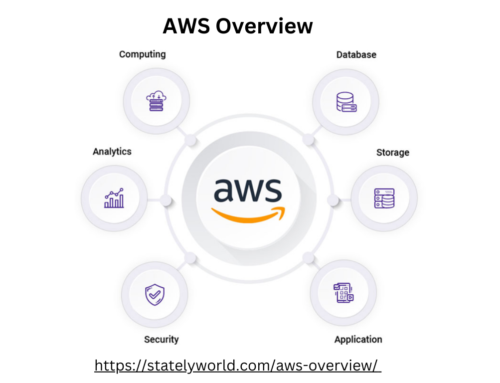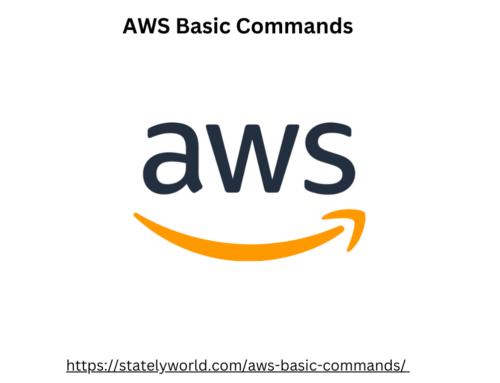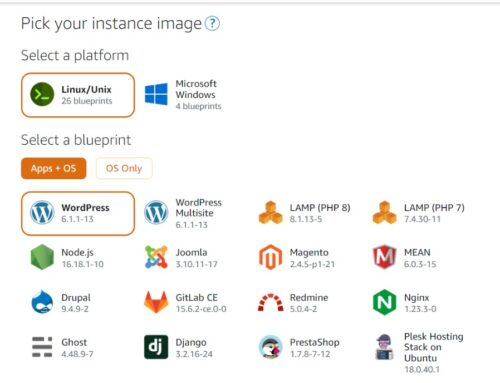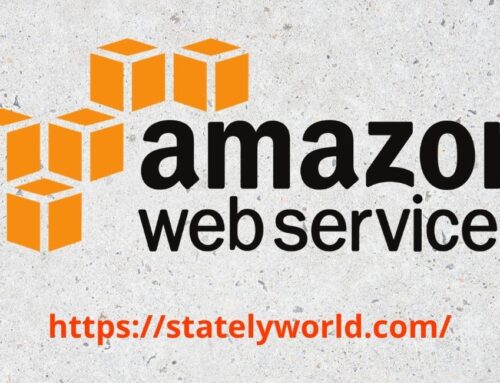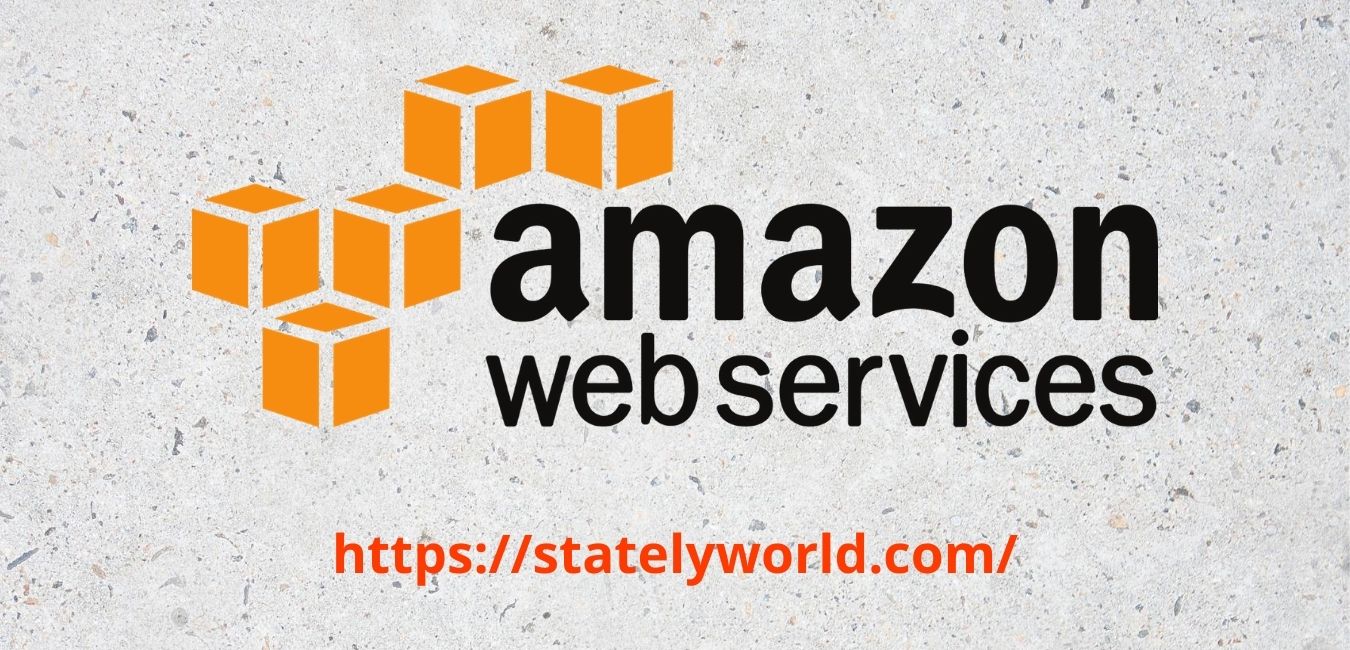
Amazon web services is a subsidiary of amozon.com that provides on-demand cloud computing platforms to individuals, companies and governments, on a paid subscription basis with a free-tier option available for 12 months. It is one of the public cloud service provider which has more than 140+ services. AWS has a broad range of compute, storage, database, analytics, encryption, deployment and many more with pay as you go model, it reduce the overall costs and help you scale your applications.
Example: Amozon Rekognition
Companies using AWS
- Kellogg’s
- Netflix
- B&B Chen Electrics
- Adobe
- Amozon
Other Cloud Provider
- Google Cloud Platform
- DigitalOcean
- IBM Cloud
- Terremark
- Microsoft Azure
Advantages of AWS
- Flexibility
- Security
- Cost Effective
- Scalability (Scale-up/scaledown – Uptime/downtime)
Domains of AWS
- Compute
- Migration
- Security & Compliance
- Storage (.exe)
- Networking
- Messaging
- Database (NoSQL/Arora)
- Management Tools
Below is URL for Amazon free tier account:
Cloud Computing Models
- Software as a service (Google Docs, office 365)
- Platform as a Service (Google App Engine)
- Infrastructure as a Service (AWS, Linode, Digital Ocean)
On Demand Resources
on demand makes self service with automation possible in a seeming-less way.
Note: Cloud is not unlimited
Amozon S3 (Amazon Simple Storage Service)
Amazon S3 is one of the main building blocks of AWS. It’s advertised as “infinitely scaling” storage. Many website use Amazon S3 as a backbone. Many AWS services uses Amazon S3 as an integration as well.
S3 Use Cases
- Backup and storage
- Disaster Recovery
- Archive
- Hybrid Cloud Storage
- Application hosting
- Media hosting
- Data lakes & big data analytics
- Software deliver
- Static website
Amozon S3 Overview – Buckets
- Amozon S3 allows people to store objects(files) in “buckets” (directories)
- Buckets must have a globally unique name (across all regions all accounts)
- Buckets are defined at the region level
- S3 looks like a global service but buckets are created in a region
- Naming convention
- No uppercase
- No underscore
- 3-63 charactes long
- Not an IP
- Must start with lowercase letter or number
Amozon S3 Overview – Objects
S3 Security
- User Based
- Resource Base


